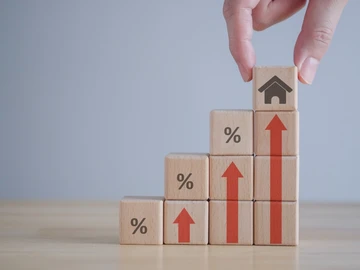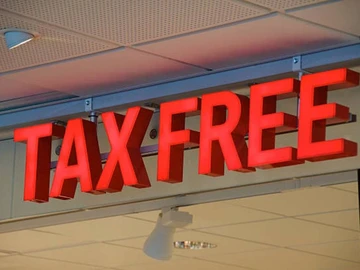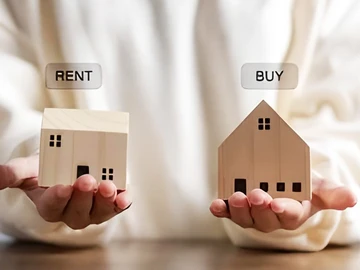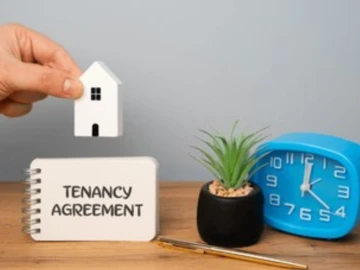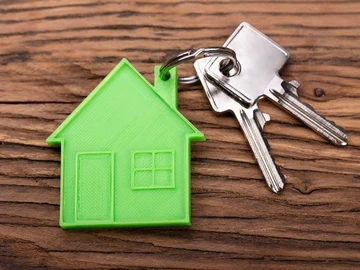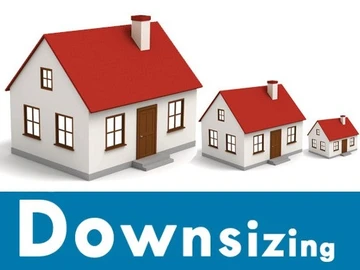If you're struggling to sell your home and need to move soon, renting it out might be a practical and financially rewarding solution. According to real estate experts, including the Seeff Property Group, choosing to rent your property can offer flexibility while you wait for the right buyer or market conditions.
Why Renting Out Your Property Could Make Financial Sense
There are many reasons why a seller might delay the sale of their home—waiting for a better price, a stronger market, or simply needing more time to decide. In such cases, renting out your property provides an immediate income stream and keeps the home occupied and well-maintained.
If you’ve already bought a new home or are relocating for work or personal reasons, rental income can help cover your existing mortgage or supplement your household finances. For fully paid-off homes, the rental earnings can serve as extra income after covering costs like maintenance, insurance, and property taxes.
Benefits of Holding Onto Property as a Long-Term Investment
In an uncertain real estate market, renting gives you more time and flexibility. You may be able to wait out the current conditions and list the property when the market improves. In some cases, you might even decide to keep the home permanently as part of a rental investment portfolio especially if it’s in a high-demand area.
Properties that are well-maintained tend to appreciate over time, which strengthens your asset base. Real estate is also a valuable form of security when applying for business or personal loans.
Occupied Properties Offer Better Security and Presentation
An occupied home is less vulnerable to vandalism or squatting and generally presents better to potential buyers. A clean, lived-in home with a maintained garden can give buyers a better sense of space and functionality. Many buyers find furnished or staged homes easier to connect with emotionally potentially speeding up the sale.
Potential Downsides of Renting Out Your Home
Of course, there are risks to consider. If the property is located in a low-demand or seasonal area, there might be periods where it's vacant. If you have a mortgage, this could mean covering bond repayments without rental income.
Landlords also need to budget for property maintenance, cleaning between tenancies, and taxes on rental income. However, many of these expenses—like advertising, repairs, and agency fees—are tax-deductible.
If you’re managing the property from afar, a reputable rental agent can be invaluable. They’ll ensure the home is occupied, handle tenant queries and payments, and keep the property in good shape.
Keep Your Options Open: Continue Marketing the Property for Sale
Even while the property is rented out, you can continue to market it for sale. Your agent can handle showings and offers when they come in. This way, you benefit from monthly rental income while still working toward your goal of selling.
Secure Your Investment with a Strong Lease Agreement
Renting out your home requires a legally binding lease agreement. Henno Bothma, an attorney with Abrahams & Gross, emphasizes that a comprehensive lease protects both landlord and tenant.
What Should a Lease Agreement Include?
A solid lease should outline:
- Monthly rent and due date
- Security deposit amount and conditions
- Maintenance responsibilities
- Duration of the lease
- Conditions for termination
- Conflict resolution process
Why a Lease Agreement Protects You as a Landlord
- Clarity: It sets expectations for both parties and reduces chances of misunderstandings.
- Protection: Helps maintain your property’s condition and holds tenants accountable.
- Dispute Resolution: Offers a clear structure for resolving disagreements.
- Financial Safeguard: Ensures timely rent payments and covers damages or unpaid dues.
Consult a Property Lawyer Before Leasing
Every rental situation is different. It’s highly advisable to get legal advice before finalizing your lease agreement. An experienced attorney will help ensure your lease is watertight and compliant with Zimbabwean rental laws.
 Continue with Facebook
Continue with Facebook
 Continue with Email
Continue with Email





